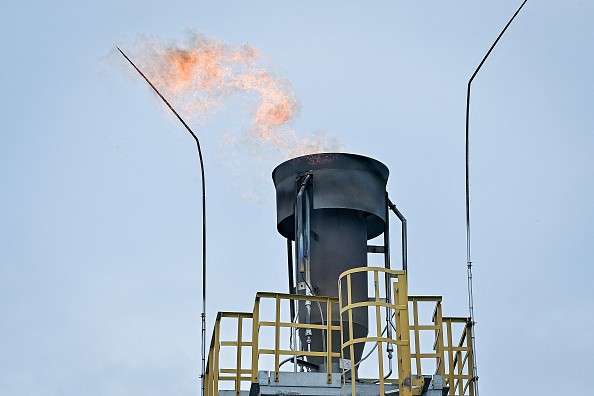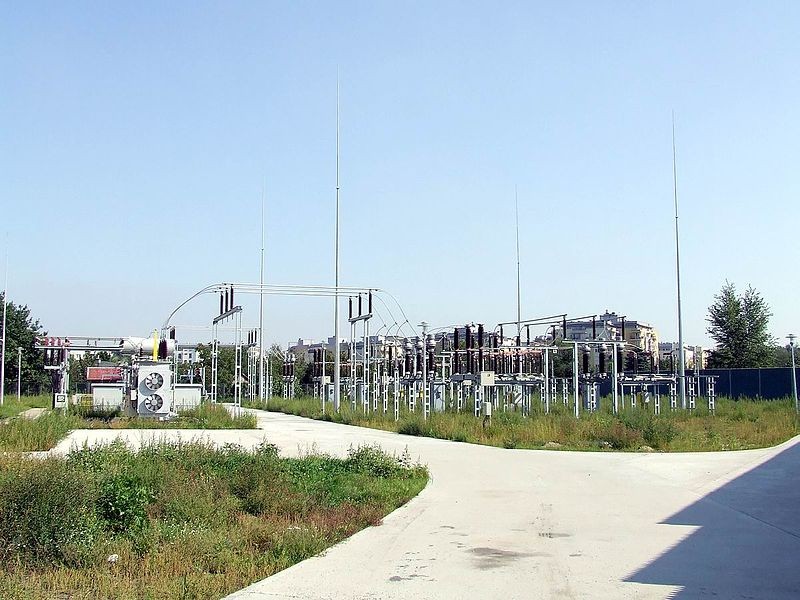Energy ministers from the Commonwealth, states and territories convened this week to try to address the energy crisis that appeared overnight but has been 20 years in the making. While many factors contributing to the rise in wholesale energy costs are international in scope, the route forward will be strongly reliant on domestic energy security.
A Daring Argument

Experts claimed that those who argue that fossil fuels are necessary for the transition are missing the point entirely. While no one proposes turning down the gas and coal plants this afternoon, the truth is that we are moving away from carbon-based energy. It isn't part of the answer at all.
Storing Energy
Energy storage is one of the puzzle's missing pieces. Government and business energy planners must change how they think about batteries to successfully expedite the transition to a renewable infrastructure while keeping the lights on. They are now viewed as a buffer for existing energy infrastructure rather than a road to a new paradigm characterized by ubiquitous renewables and domestic energy security.
One reason is that lithium's current battery technology best suits fast charge and discharge storage regimes. This is fantastic for supporting a deteriorating energy infrastructure as coal and gas plants close. Still, lithium can't be the full story, especially given its supply-chain issues and pricing challenges for longer-term energy storage. Other battery technologies must become available before a paradigm shift in thinking - and the implementation of energy storage systems - can occur.
Battery energy storage infrastructure has the benefit of being able to be implemented in months rather than the years it takes to commission new gas installations. Solar and wind combined with battery storage is the best way to transition to renewables.
Energy Prices

Energy prices are rising not only due to the change but also because we are taking too long to recognize the benefits of renewables. An example of what is possible in the nation's capital is displayed. While the rest of us face power rates rising by 20% or more, average consumer expenditures in the Australian Capital Territory will fall by 1.25 percent next month.
This is only the tip of the iceberg regarding what can be accomplished. Renewables, whether through initiatives like Sun Cable, green hydrogen, or the export of Australian-made solar and battery technologies, remain a massive untapped resource for Australia that can not only power energy security at home but also offer a dynamo for energy exports.
If we genuinely want to put the climate battles behind us, we can concentrate on making Australia a global renewables giant. However, this will necessitate rethinking battery technology and backing for battery manufacturing in Australia.
Bottlenecks in global energy supply chains are harming energy markets and limiting chances for economic progress worldwide. The Russian invasion of Ukraine has generated a situation where the electricity supply is used as a conflict weapon. President Joe Biden of the United States has used Cold War powers to ensure the availability of lithium for battery development.
Global Dilemma
Given the global character of the dilemma and its weaponization in geopolitics, Australia's potential to attain energy security and sovereignty through renewable energy must be accelerated. We all thought gas prices would stay consistent during last year's transition. That turned out to be a poor decision.
How can Australian solutions confront this perfect storm head-on? Today, battery technology offers a zero-marginal-cost alternative to meet these energy demands. Once built, storage solutions efficiently pay for themselves over time.
However, we must begin to think about batteries in entirely new ways. They aren't merely a backup plan in case 'real energy' solutions fail; they are the only means to achieve energy independence and a low-carbon economy. And we can produce them right here in the United States, utilizing recyclable materials and dependable supply networks.
While lithium will continue to be a component of the answer, there is not enough of the mineral available to fulfill demand. Lithium prices have increased nearly tenfold in the last 18 months, yet China still processes 80 percent of the world's battery quality lithium.
Other metals and technologies, like the zinc used by Gelion, will need to be scaled up to diversify supply chains and create storage solutions that can support a move to long-duration storage, which is required to make solar function as a baseload energy source.
In Need of Urgent Solutions
This requires immediate investment in medium- and long-term solutions rather than energy wagers based on an outdated perspective. We must also ensure that we support Australian solutions. Otherwise, our economy will become overly reliant on foreign technology and services, which is unwise in the present political atmosphere. Renewable energy is gaining traction as the EU weans itself from Russian gas and the US pursues energy security. Australia can no longer afford to fall behind.
Related Article : Experts are Saying that Renewable Sources are Not Enough to Solve Europe's Energy Crisis
For more environmental news, don't forget to follow Nature World News!
© 2025 NatureWorldNews.com All rights reserved. Do not reproduce without permission.





